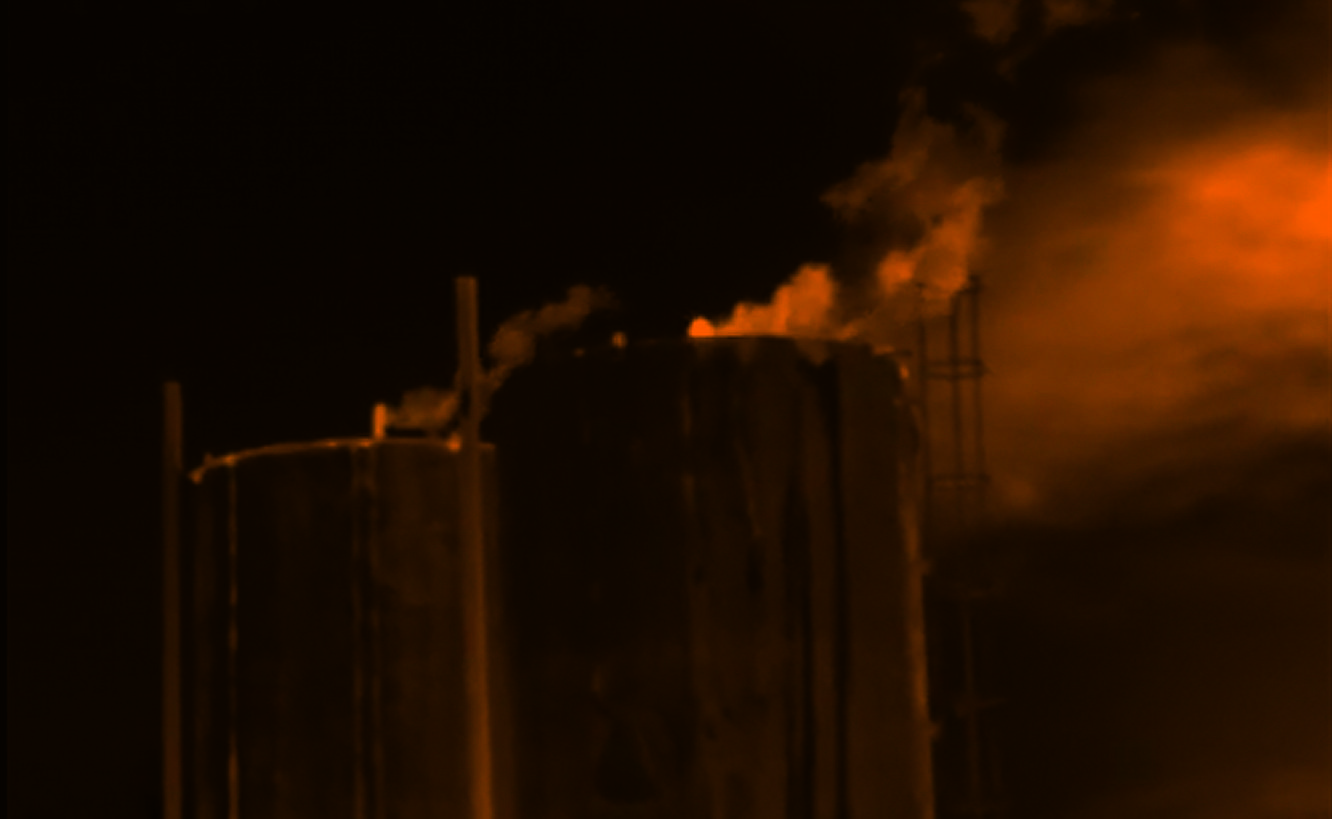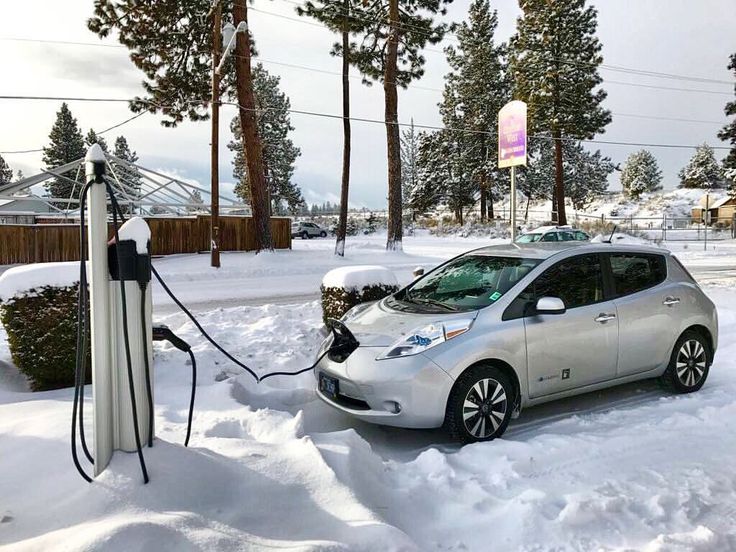There are so many good reasons for Canada to have strong methane regulations. Here are a few:
- Methane is a potent greenhouse gas that’s 85 times more powerful than carbon dioxide
- Reducing methane emissions is way less expensive than just about any other climate change action
- Leaks and intentional releases of methane gas often contain other, nastier chemicals that impact on human health, such as benzene, a known carcinogen
- Research in both B.C. and Alberta shows that methane emissions are significantly higher than what is estimated in the government’s official greenhouse gas inventory
- There are already more oil and gas facilities in the U.S. regulating methane emissions than all the facilities in Canada, so really we’re just playing catch-up
- There’s an estimated 1,500 jobs that will be created if the regulations come through, such as people who find and plug those methane leaks and replace faulty equipment at oil and gas facilities that intentionally release methane

Seems like a no-brainer, right?
Well, not according to the oil and gas industry.
Documents obtained through freedom of information requests show that the Canadian Association of Petroleum Producers or CAPP, the lobbying and propaganda arm of Canada’s oil and gas companies, is pushing the Canadian government for much weaker methane regulations. The industry wants a long delay before the regulations come into force. It wants monitoring to happen much less frequently so that methane leaks will go undetected for longer. And it wants some measures to be voluntary.
Even worse, CAPP wants oil and gas companies to be paid for reducing methane emissions. Until the regulations are implemented, and for the activities that are voluntary, CAPP thinks its corporate members should be able to sell methane emission reductions in the form of carbon offsets. Instead of polluters-pay, the industry wants it to be pay-the-polluter.
Their moxy is incredible.
This is an industry with the highest carbon emissions in Canada and is the fastest growing source of greenhouse gas emissions in the country. And it’s an industry that, so far, has avoided all regulations related to carbon emissions. But that’s not good enough for CAPP – it wants to delay and weaken the one measure in the pan-Canadian climate framework that is focused on oil and gas companies.
What should Canada do about methane gas regulations?
The Canadian government needs to look at all the benefits of methane regulations and implement them quickly. According to its own numbers, methane regulations will create net benefits of $11.7 billion. That’s because lower emissions means lower climate change impacts, and methane gas—the main component of natural gas—is used for energy or sold into the market rather than wasted. And that doesn’t even include the benefits to human health.
However, the methane regulations that the federal government has drafted are less stringent than they should be. Some parts of the regulations are delayed from 2018 to 2020, while other parts are delayed all the way until 2023. This will mean higher methane emissions in the interim – 55 million tonnes in all.

The draft methane regulations need to be fixed by Minister of Environment and Climate Change Catherine McKenna by getting rid of the delays, strengthening the measures, and closing the 55 Mt gap. The solutions are straightforward:
- Implement the regulations more quickly: The Minister doesn’t have to go back to original timetable for the regs (some sections by 2018, others in 2020). But the period of delay must be shortened so that there is only a 1-year delay from the original proposal (i.e. some sections in 2019, others in 2021.) This will minimize unnecessary methane emissions while giving time for the industry to prepare.
- Increasing the frequency of monitoring: U.S. states like Colorado, Wyoming, and California stipulate that inspecting for methane leaks must happen four times per year, but the regulations in Canada propose these checks only happen three times per year. Making Canada’s regulations match those of most U.S. states would mean that leaks are found more quickly, and millions of tonnes of greenhouse gas emissions are avoided every year.
- Tightening the thresholds so that the regulations apply to all oil and gas facilities: Right now, single wells are exempt. Even worse, many heavy oil facilities will not be subject to the methane regulations at all, despite having significant methane emissions.
Over 5,000 Canadians agree with us. That’s how many citizens have signed our petition telling the Canadian government to get rid of the delays and strengthen Canada’s methane regulations. Later today we will be sending our petition to the government, along with our recommendations on making the regulations something we can be truly proud of. Let’s hope the Canadian government listens.









